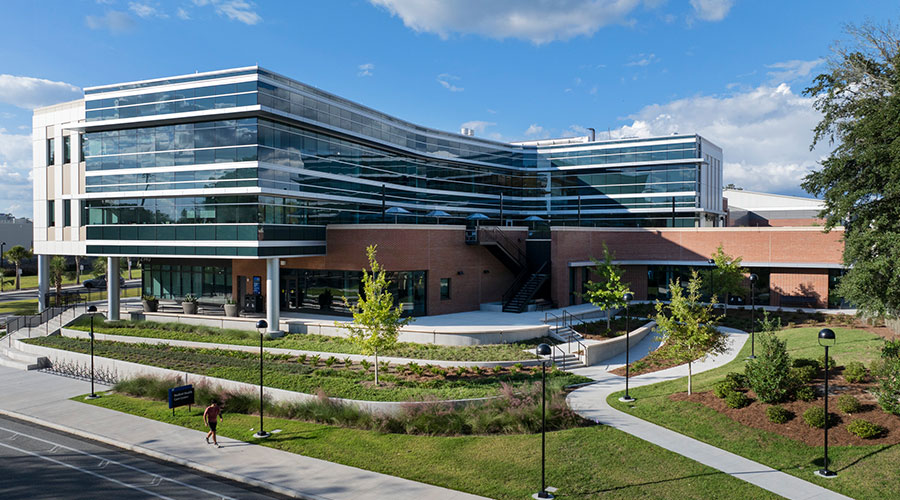Equipment Rental: The Three Types of Training
As technology evolves, the need for properly trained equipment operators becomes even more important. To complete a job safely and efficiently, managers need to ensure operators can maximize the equipment's potential.
"Technology has been well deployed and continues to find new applications in all types of equipment, including (earth moving)," Irwin says. "All types of capacity sensors and depth indicators that weren't on equipment that was available even 5-10 years ago (is available now)."
Often, convincing operators they need training is a big hurdle. If an operator has used one type of equipment in the past, he often feels he has operated them all. Many operators also are working on a deadline, so they view training as an inhibitor to finishing the job on time.
"Sometimes, that part of the world is a very macho-type world," Rothmel says of workers who operate earth-moving equipment. "As a facility manager, if you ask your groundskeeper if he knows how to use a backhoe, he's going to say, "Oh yeah, I've used them plenty of times.' But is he really trained? Has he been trained on the latest type of equipment? Has he been safety trained to cut down on the amount of accidents that are caused?"
When managers do get the message across on the importance of training, a few types are available.
Familiarity training. Rental companies typically provide this training, which includes control orientation, features and benefits orientation, and an overview of the basic roles and responsibilities for an operator at the time of delivery. Operators also can attend classroom training at the company's office, which can include safety guidelines to comply with federal regulations.
Factory training or certification. Manufacturers provide this training, which includes basic theories of operation, control arrangements, and capacity issues, such as bucket capacity, digging depth, and equipment weight. This training also delves into site planning and daily upkeep and maintenance of the machine.
Third-party training. Managers can look to third-party organizations — the Crane Institute of America, for example, in the realm of aerial equipment — to provide this level of hands-on training.
"(Training) is very important because they are heavy pieces of equipment," Rothmel says. "They should feel comfortable with the controls and using it before they tackle a large job. A lot of the larger rental companies could actually — if you have enough time — get the manufacturer of those skid steers and backhoes to your facility to do a training (session)."
It has become increasingly difficult to justify capital expenditures in a tough economy, so managers are exploring equipment rental even further. Rental companies are a valuable resource to find answers to the most important questions regarding equipment and projects.
Says Irwin, "Unless a customer can demonstrate some pretty decent physical-utilization numbers — I'd say about 50 percent — then they really are a candidate for renting as opposed to owning equipment. If you're going to use a piece once a year or once every three months, you're a renter, not an owner."
Related Topics:









